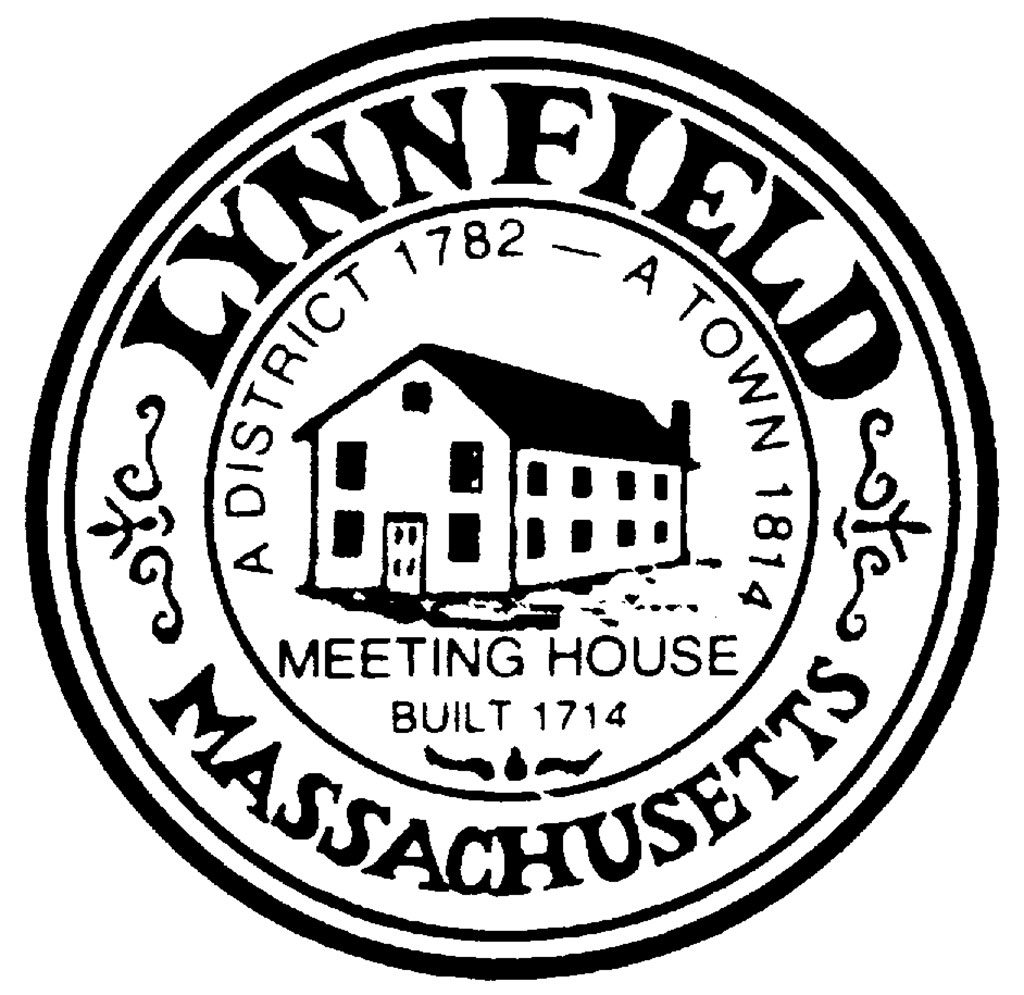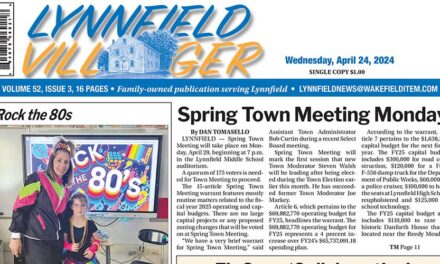Published January 27, 2021

By DAN TOMASELLO
LYNNFIELD — The Economic Development bill recently signed into law by Gov. Charlie Baker includes several zoning reforms.
State Sen. Brendan Crighton (D-Lynn) was able include a provision in the new bill that will allow local boards in cities as well as town meetings across the state to approve certain zoning changes by a simple majority instead of a two-thirds vote. Crighton and Baker have been advocating for the changes over the last several years in order to help alleviate the state’s housing crisis.
“We have been pushing for this policy for awhile,” said Crighton in an interview with the Villager. “I am the chair of the Senate Committee on Housing, and this policy lowers the threshold for certain zoning changes from a two-thirds vote to a simple majority. What we are finding is a small number of Town Meeting members or a small number of members on a city council are disrupting community initiatives to produce housing.”
According to Section 19 of the new law, the majority vote zoning changes will apply to multi-family housing, mixed-use developments in an eligible location, accessory dwelling units and open space residential developments.
Crighton noted that the state’s revised zoning threshold rules do not include a “local option.”
“If you are making policy changes to encourage more housing, then you are allowed to reduce it,” said Crighton. “It does not reduce the two-thirds requirement for all zoning changes.”
House Minority Leader Brad Jones (R-North Reading) joined Crighton in voting in favor of the Economic Development bill.
“The COVID-19 pandemic has left many small businesses struggling to survive and has underscored the need to create more affordable housing across the commonwealth,” said Jones in a statement sent to the Villager. “The Economic Development bill addresses both of these critical issues by offering financial assistance to small businesses to help them stay afloat, and creating incentives to encourage housing development. In addition to providing $20 million to help restaurants meet payroll and other expenses, the bill caps third-party delivery service fees and makes additional funding available for small business grants and loans to assist women and minority-owned businesses. By expanding the low-income housing tax credit, establishing a $40 million initiative to redevelop abandoned and blighted properties, and providing $10 million in funding to support the creation and preservation of sustainable and climate resilient affordable multi-family housing, the bill also takes a major step forward in addressing the state’s housing needs.”
Baker stated in a letter sent to lawmakers that the housing changes “represent the first significant zoning reform in decades.” He vetoed a provision in the bill that would have delayed the law’s implementation for 90 days.
“Cities and towns should be able to take advantage of the revised voting thresholds immediately,” Baker wrote.
Crighton also noted that the new law encourages multi-family housing developments to be built in MBTA communities.
“Transit-oriented development is another key tool in driving down the cost of housing and improving access to public transportation for all,” Crighton wrote on his Facebook page.
Baker supported the MBTA section included in the bill.
“I expect the relevant agencies will work diligently with cities and towns to develop compliance criteria that are fair and reasonable, with due regard for different needs in different communities, and for the time and effort it takes to create new zoning districts,” Baker wrote.
Massachusetts Municipal Association (MMA) Executive Director/CEO Jeffrey Beckwith stated in a letter sent to Baker that the advocacy group wanted the governor to veto Section 18 of the Economic Development bill, which pertains to the MBTA multifamily housing requirement. He noted that the MMA supported a number of the housing changes included in the Economic Development bill.
“Section 18 would create a statewide mandate imposing a one-size-fits-all zoning scheme on 175 communities, overriding local decision-making,” Beckwith wrote. “We respectfully ask you to veto this section. Local zoning codes have been established by citizens and their elected and appointed leaders, and should only be amended by cities and towns themselves. The role of citizens in this process is essential because Massachusetts knows that one size does not fit all. Sustainable development depends on a localized approach that allows for growth that fits and works. New laws won’t work if they strip average citizens of their role and voice.”
Planning and Conservation Director Emilie Cademartori informed the Villager that the revised bill will not negatively affect the town.
“With limited parcels available in Lynnfield, I do not think it will impact us negatively,” Cademartori stated in an email. “In fact, it would have helped the Planning Board’s efforts to adopt Open Space Residential Design at October Town Meeting if it had gone to a vote. The provisions in Section 18 that MMA is opposed to could possibly be detrimental because it would be difficult for Lynnfield to comply with the density requirements without sewer infrastructure. If we did not comply, the town would lose eligibility for some state funds. They are not funds that Lynnfield has sought in the past, but we could in the future.”
Planning Board Chairman Brian Charville agreed.
“The Lynnfield Planning Board has been monitoring for many months the proposed legislation that could change how Lynnfield passes zoning bylaws,” Charville stated in an email. “With Gov. Baker’s signing on January 14, it seems that certain zoning bylaws could require a simple majority, rather than two-thirds, to pass. These include bylaws encouraging multi-family housing, accessory dwelling units and open space residential development. The Planning Board will be reviewing the new law with town counsel to determine its effects.”
Crighton stated in a Facebook post he has been pushing for the state to lower thresholds for making certain zoning changes because “Massachusetts is one of the most expensive places in the country to buy or rent a home.” While he noted in a separate post that the final bill “did not include all” of his priorities, Crighton said it will “encourage new housing being built across the commonwealth.”
“It is a major step forward to lowering the cost of rent and homeownership in Massachusetts,” Crighton stated.
— The State House News Service contributed to this report.




